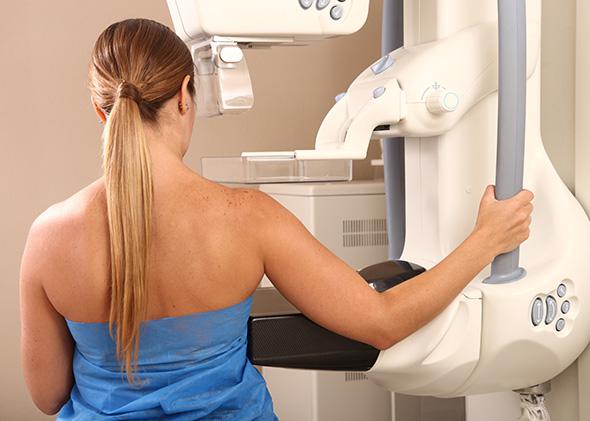This question originally appeared on Quora, the best answer to any question. Ask a question, get a great answer. Learn from experts and access insider knowledge. You can follow Quora on Twitter, Facebook, and Google Plus.
Answer by David Chan, M.D. from UCLA, Stanford oncology fellowship:
The issues surrounding early diagnosis of cancer are very complicated. The short response is that it depends on which patient and cancer.
The long version is that there are many cancers being diagnosed, including low-grade prostate cancers in older men and preinvasive breast cancers in older women, that don’t need to be diagnosed and don’t need to be treated. These low-grade cancers have a natural history way beyond average life expectancy, so the large majority of these patients will die of other causes before they have symptoms from their cancers.
This kind of analysis led to the controversial guidelines from U.S. Preventive Services Task Force, the national screening task force, to eliminate PSA blood test screening in the large majority of men for prostate cancer and also to increase the time between mammograms in women to every two years and to stop mammogram screening altogether after the age of 75.
So what we have are two tests (PSA and mammograms) that have been demonstrated to diagnose cancer early, yet a U.S. government committee has recommended reducing their use, dramatically in the case of PSA, because of concerns with overtreatment, costs, and toxicity and morbidity resulting from overtreatments.
The very big problem with these guidelines is that they completely discount those aggressive cancers that are going to be diagnosed too late. Guidelines like those from the task force are population recommendations, but we all know younger men who die of prostate cancer and similarly women of all ages who die from breast cancer. Many cancer specialists and patients would prefer to know about the aggressive cancers and to make educated, informed decisions on not treating the low-grade cancers.
Within the next couple of years, there will be a large number of molecular blood tests that will develop cancer DNA or RNA. These tests are often referred to as liquid biopsies. The tests will be very accurate in finding all sorts of cancer early. Both that’s going to lead to a very major problem.
Liquid biopsy technology will often find a cancer way before, maybe many years before, it’s detectable by endoscopy, MRI, or CT scan. This will lead to a huge freakout factor for patients and their doctors who find abnormal liquid biopsy tests and multiple normal scans. Although it’s certainly possible that the liquid biopsy tests will be so accurate that they can also predict whether the cancer is aggressive or low-grade.
An additional issue is that MRI and CT or PET scans are computer-generated images with low sensitivity. The software isn’t able to detect small areas of abnormality, so the images appear normal when in fact small cancers are present. CT and PET have high levels of radiation and can’t be used for routine testing except when cancer risk is high, such as lung cancer screening in older smokers.
This answer is for general informational purposes only and is not a substitute for professional medical advice. If you think you’re having a medical emergency, call 911 (in the United States) immediately. Always seek the advice of your doctor before starting or changing treatment. Quora users who provide responses to health-related questions are intended third-party beneficiaries with certain rights under Quora’s Terms of Service.
More questions on Quora:
